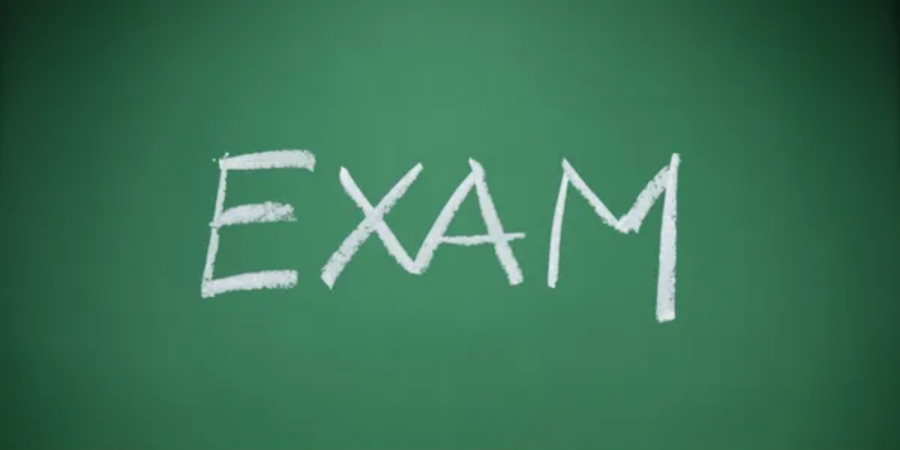

Examinations, a cornerstone of modern education, have a long and intriguing history. While they are now seen as a way to assess learning, their origins were rooted in the selection of competent individuals for governance and administration. From ancient civilizations to contemporary systems, the history of exams reflects the evolution of education and the societal need for accountability.
The concept of formal examinations began in Imperial China during the Sui Dynasty (581–618 CE). Known as the Imperial Examination System (Keju), it was designed to select government officials based on merit rather than family background.
In ancient Greece, education emphasized oral discussions, debates, and practical demonstrations. Formal exams as we know them today did not exist, but students were evaluated based on their rhetoric and philosophy skills. Similarly, in ancient Rome, learning focused on oratory and legal reasoning.
During the medieval period, universities like Oxford, Cambridge, and Paris required students to engage in oral disputations.
The Industrial Revolution in the 18th and 19th centuries marked a shift toward written examinations.
By the late 19th and early 20th centuries, standardized exams became the norm for education systems worldwide.
The advent of technology revolutionized exams in the 21st century.
Exams have faced criticism for fostering rote memorization, stress, and inequity. In response, modern education systems are exploring alternative assessment methods, such as:
From ancient China to today’s digital age, the history of exams reflects society's changing priorities in education and governance. While they began as tools to select capable leaders, exams have evolved into mechanisms for personal and professional growth. As education continues to transform, so too will the ways we assess learning and achievement.


